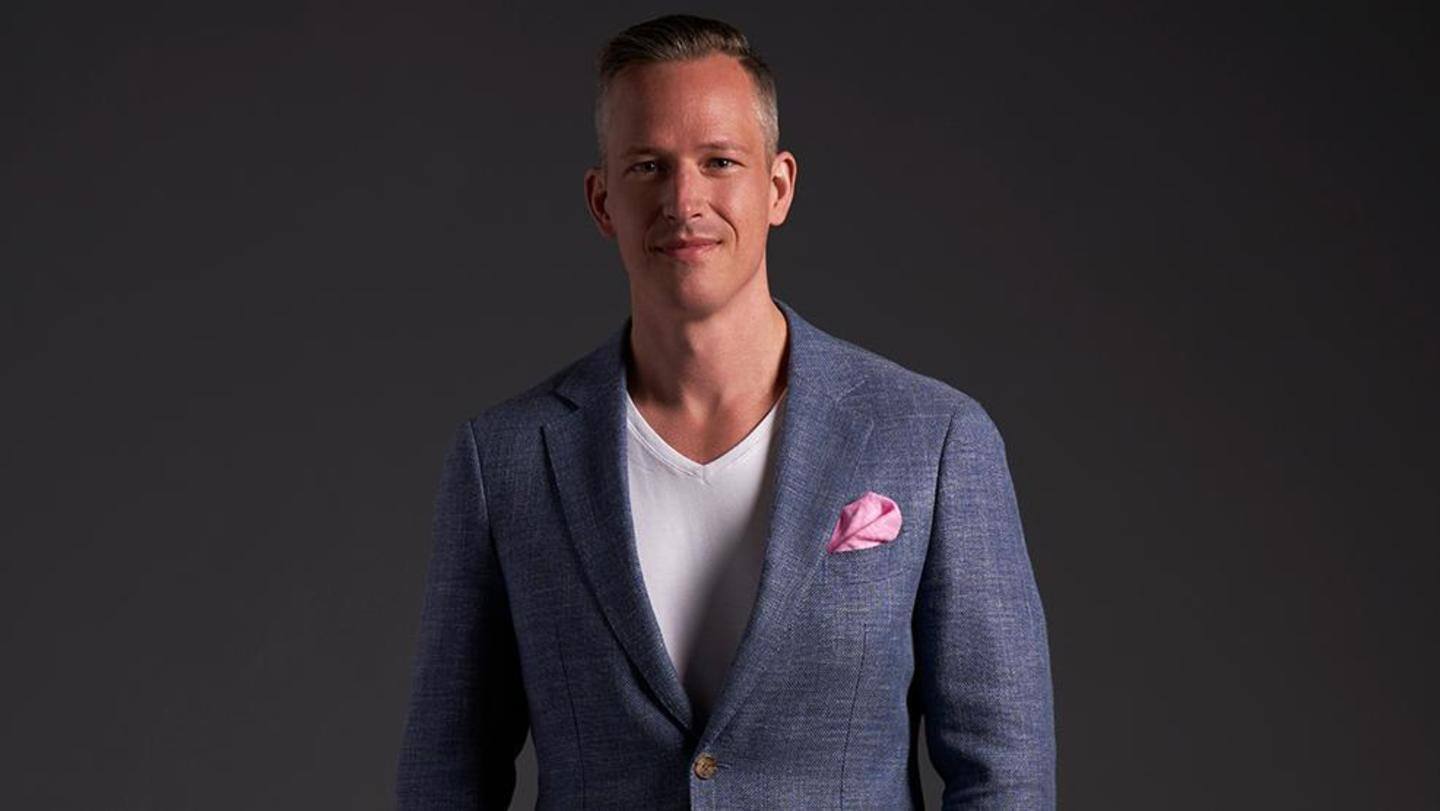
'Love is Blind' contestant sues Netflix for 'inhuman working conditions'
What's the story
A former contestant on Netflix's reality dating show Love is Blind is making headlines for an unexpected reason.
Jeremy Hartwell filed a lawsuit against the streaming giant at the Los Angeles Superior Court in June.
Hartwell accused Netflix of imposing "inhuman working conditions" and for forcing the cast to film in an inebriated state, and not providing them with food, water, or adequate payment.
Context
Why does this story matter?
Netflix's series Love is Blind was nominated for an Emmy Award recently for being an outstanding structured reality show.
The show featured 30 men and women (15 each) who were isolated individually in "pods" where they were paired with contestants in other rooms.
The contestants had to talk and get along to see if they would eventually get engaged without even seeing each other.
Allegation
Phones, wallets, passports were stripped away from contestants
Hartwell appeared in Season 2 of Love is Blind.
The contestants were shipped to separate hotels but not before thoroughly checking their belongings.
"They had told us they were going to take our cell phones," Hartwell told CNN and added, "but taking our wallets, our passports, any identifying information, that was very unexpected."
He referred to the experience as a military boot camp.
Experience
No food, water was provided but alcohol was always available
Recollecting the events, Hartwell also revealed that they were isolated for 24 hours after they reached the location.
The former contestant alleged that any kind of snacks or water was so infrequent that they had to wait for hours on end to get fresh water if they were thirsty.
However, alcohol was always just an arm's stretch away from the contestants.
Payment
Contestants' hourly pay was less than LA's wage limit
"The combination of sleep deprivation, isolation, lack of food, and an excess of alcohol all either required, enabled or encouraged by defendants contributed to inhumane working conditions and altered mental state for the cast," the lawsuit alleged.
Reportedly, the contestants worked 20 hours daily for seven days and earned $1,000 weekly which is $7.14 per hour. LA's minimum hourly wage limit is $15.
Defense
Here's what the production company, casting company said in defense
Kinetic Content and Delirium TV were sued alongside Netflix.
They stated, "Unfortunately, for Mr. Hartwell, his journey ended early after he failed to develop a significant connection with any other participant."
"While we will not speculate as to his motives for filing the lawsuit, there is absolutely no merit to Mr. Hartwell's allegations, and we will vigorously defend against his claims," the statement added.
Poll

